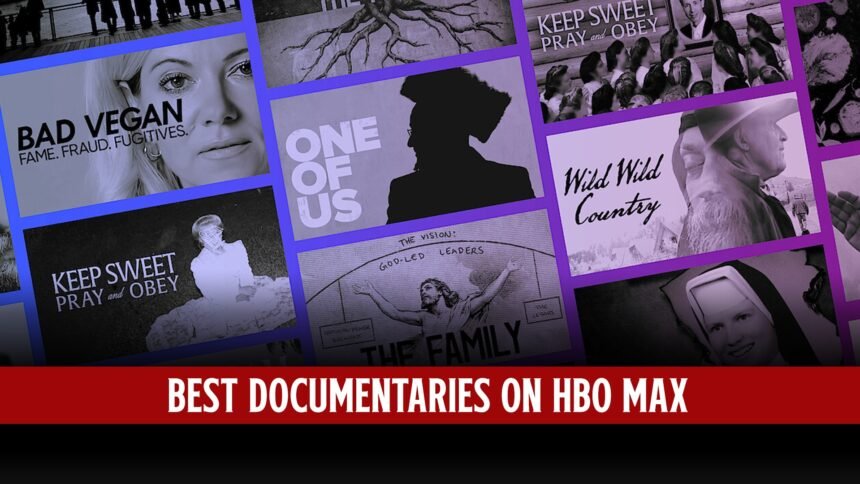Despite repeated assurances from X (formerly Twitter) that its advertising tools prioritize brand safety by preventing ads from appearing alongside harmful or objectionable content, advertisers are increasingly voicing concerns under X’s revised “freedom of speech, not reach” policy.
Today, Hyundai announced a halt to its ad spending on X after discovering its ads were displayed alongside pro-Nazi content. This development follows NBC’s recent report revealing that at least 150 verified accounts on X, along with numerous unpaid profiles, have shared or promoted pro-Nazi content in recent months.
Initially dismissing the NBC report as a “gotcha” piece lacking depth and transparency, X has now acknowledged another major advertiser encountering the same issue. X has suspended the offending profile and is addressing Hyundai’s concerns.
This recurring issue suggests that X’s new free speech approach may not meet advertiser expectations over the long term.
Under X’s “freedom of speech, not reach” approach, more rule-violating content remains active on the platform, though its visibility is restricted. X claims that restricted posts are ineligible for ad placement, yet independent analyses show brand promotions alongside such material, suggesting either a failure in X’s detection systems or malfunctioning ad controls.
The main challenge for X stems from significant staff reductions, including moderation and safety roles, resulting in a lack of capacity to effectively enforce platform rules.
This leads to missed rule violations, with X relying heavily on AI and community contributions for content moderation—an approach experts doubt will succeed.













